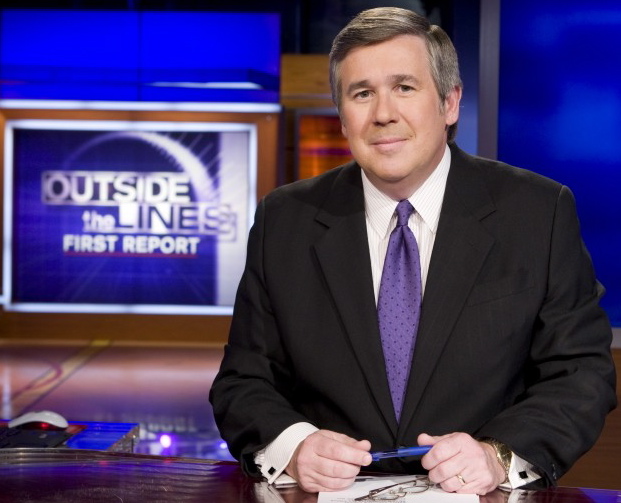
ESPN has made plenty of splashy additions lately, including Keith Olbermann, Jason Whitlock, Nate Silver, Ryan Clark and plenty of NFL beat writers, but one of their most interesting recent moves comes from a shuffle of properties they already have. That would be the quiet shift involving Outside The Lines, perhaps the network's most respected program from a journalistic standpoint. OTL's regular slot has moved from ESPN to ESPN2 during the week, it's been bumped to ESPNEWS this week for Little League World Series coverage and it will also go from ESPN to ESPN2 on Sunday in September to make way for a Colin Cowherd-hosted football show. That's already had a substantial effect on its viewership, and it's caused critics to go after ESPN, including Sports Illustrated's Richard Deitsch (item #10E):
Outside The Lines averaged 160,000 viewers last Tuesday, the first day the daily program had moved from ESPN to ESPN2. Prior to the move, the show had averaged 336,000 viewers when it appeared on ESPN. (Viewership courtesy of the TVSportsRatings Twitter feed.) You don't need to be Nate Silver to understand this represents a de facto burying of the show. ESPN management will additionally shift the Sunday edition of Outside The Lines from ESPN to ESPN2 starting in September and replace it with a football show hosted by Colin Cowherd. (I assume because of the protests in cities all over the U.S. demanding a Colin Cowherd football show.) OTL staffers can't speak out here — and certain members of ESPN's outreach armada will continue to sell the soap that all is sunny in OTL Land — but people throughout ESPN are disheartened by the move and I'm with them. A product that represents the best of ESPN deserves so much better than this.
On the one hand, Deitsch is absolutely right. OTL does a lot of vital work and breaks a lot of important stories, including the recent scoop from Steve Fainaru and John Barr on controversial NFL-associated doctor Elliot Perlman and his close ties to former commissioner Paul Tagliabue. Yes, they have misses as well as hits (for example, the Man In White story and the recent ones on Johnny Manziel have received plenty (language warning) of (language warning) criticism, some of it quite justified).
But by and large, OTL has proven an exceptionally valuable journalistic source, especially with their largely industry-leading work on the NFL's concussion crisis led by Fainaru and brother Mark Fainaru-Wada, in conjuction with PBS' Frontline. UPDATE: Scratch that whole "conjunction with PBS" thing.
They've made such key revelations as the potential existence of the "holy grail" of concussion research (CTE findings in live brains) and the NFL's disability board deciding that football could cause brain injuries in some cases. This is work that deserves as much play as it can receive, and on that level, it's disappointing that ESPN is reducing OTL's platform and thus, the numbers of people who will see it.
On the other hand, though, it's vital to remember that an important story or program isn't always a financially-successful story or program. If that relationship was linear, it would be more rewarding financially for a media outlet to cover the alleged Syrian gas massacre or NSA surveillance programs being found unconstitutional than, say, gruff service in France or how exercise can help you sleep better. However, stories of the latter kind tend to be more successful even when the former kind are promoted by editors. As of 8 p.m. Eastern Wednesday, the first two stories there were at the top of the New York Times homepage, while the latter two were #1 and #2 in the Times' "Most E-mailed" list. That same general trend of certain high-profile items on fashion, lifestyles, trends and so forth being clicked on much more than most hard news pieces applies across the media industry. In and of itself, that's not necessarily awful, and we certainly shouldn't go around demanding that media cover hard news and only hard news. For one thing, almost everyone who covers sports would be instantly out of work. After all, while it has many serious moments, this is still the toybox.
As well-deserved as most of the criticism for Cowherd is, and as unnecessary as another massive platform for him seems, it really isn't hard to see his new football show drawing more viewers in that Sunday slot than OTL currently does. That's not about the respective quality of the programs. It has more to do with what viewers want, and while an outlet with ESPN's pull and resources can modify those tastes somewhat, they can't completely alter them.
While a decision like this may seem wrong and offensive to those of us who strongly believe in the value of good journalism, if it helps the ratings and the bottom line, that's probably not going to go over too badly in Bristol headquarters.
(Keep in mind that this isn't a conclusion specific to The Worldwide Leader: it's notable that Fox's "ESPN alternative" launched on a mandate of "fun," not a mandate of "hard-hitting journalism." The latter may win you more respect, but the former seems likely to garner better ratings.)
The dilemna that ESPN faces is that while OTL likely doesn't justify a prime programming slot based on viewership alone, its brand is exceptionally valuable to the network and is seen as part of their commitment to journalism. That commitment is important to have, at least to some degree, as it's crucial to maintaining the ESPN brand. If ESPN all of a sudden abandons breaking news entirely and becomes merely a forum for Skip Bayless, Stephen A. Smith and other talking heads to shout at each other, are you going to see people keep tuning Sportscenter on regardless? Maybe, but maybe not.
It's important to the network's reputation to have journalistic credibility, and by and large, they do: OTL is an important part of that. That leads to them walking an internal tightrope between supporting OTL and giving it prominent space to things more people will want to watch. It's not an easy line to toe. Considering the internal turmoil and external criticism over a program that many see as "the best of ESPN" getting demoted, this clearly isn't the best solution.
ESPN has a difficult decision to make when "the best of ESPN" is something that doesn't draw a huge viewership. The network has to ask itself whether or not the presence and the value of Outside the Lines to the ESPN brand more important than a few extra thousand viewers for Colin Cowherd. It's a more difficult decision than one might think.

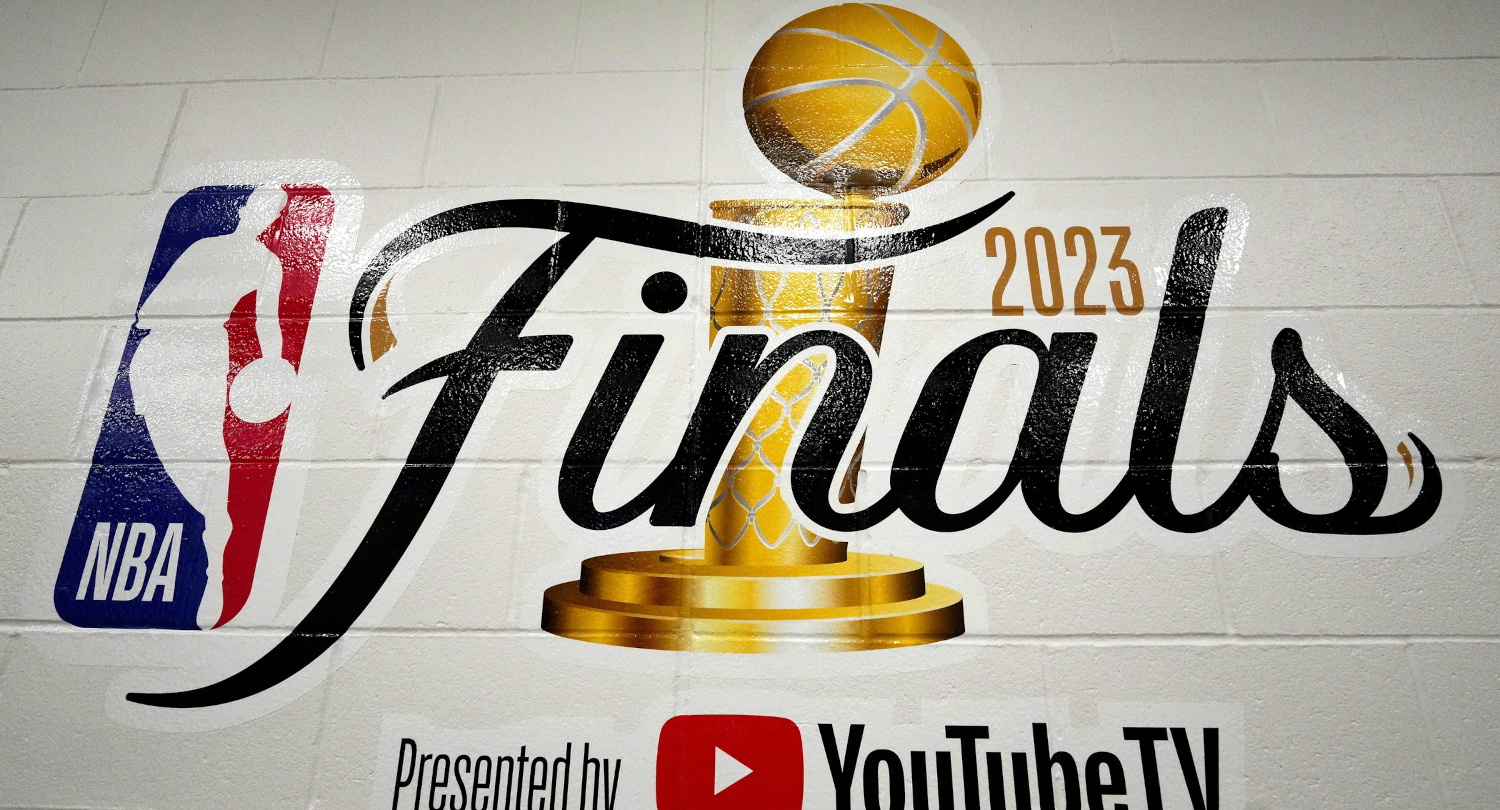
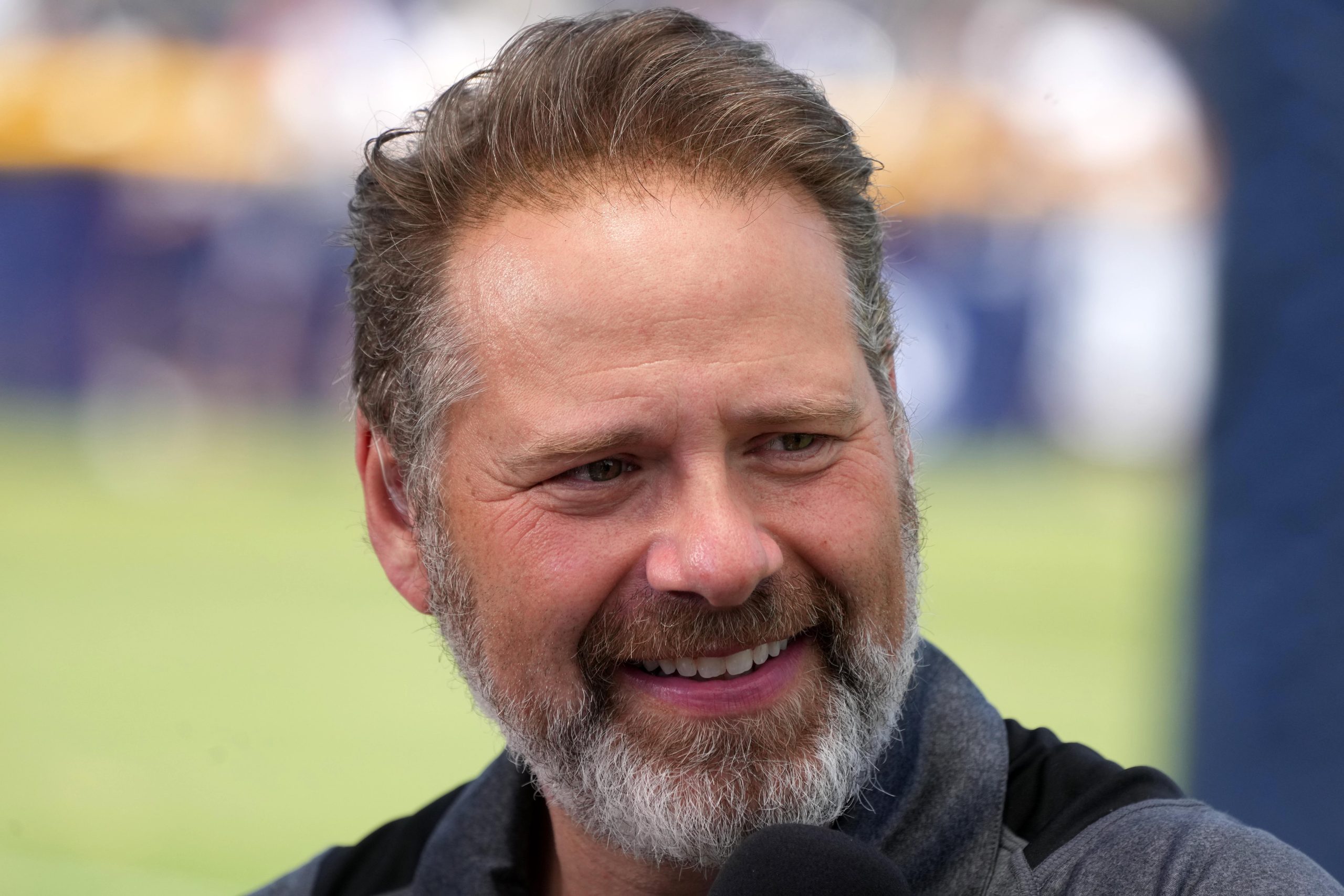
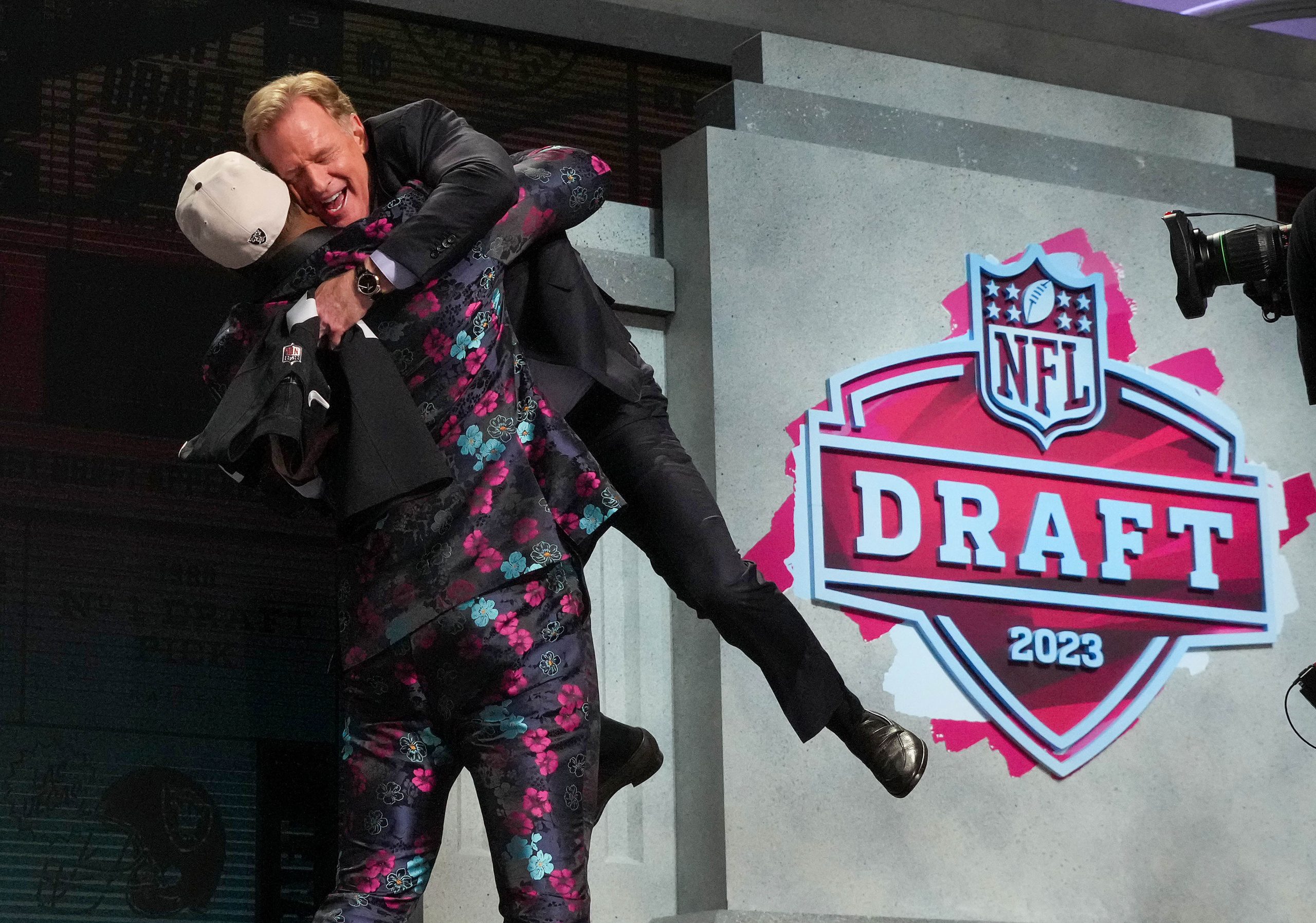

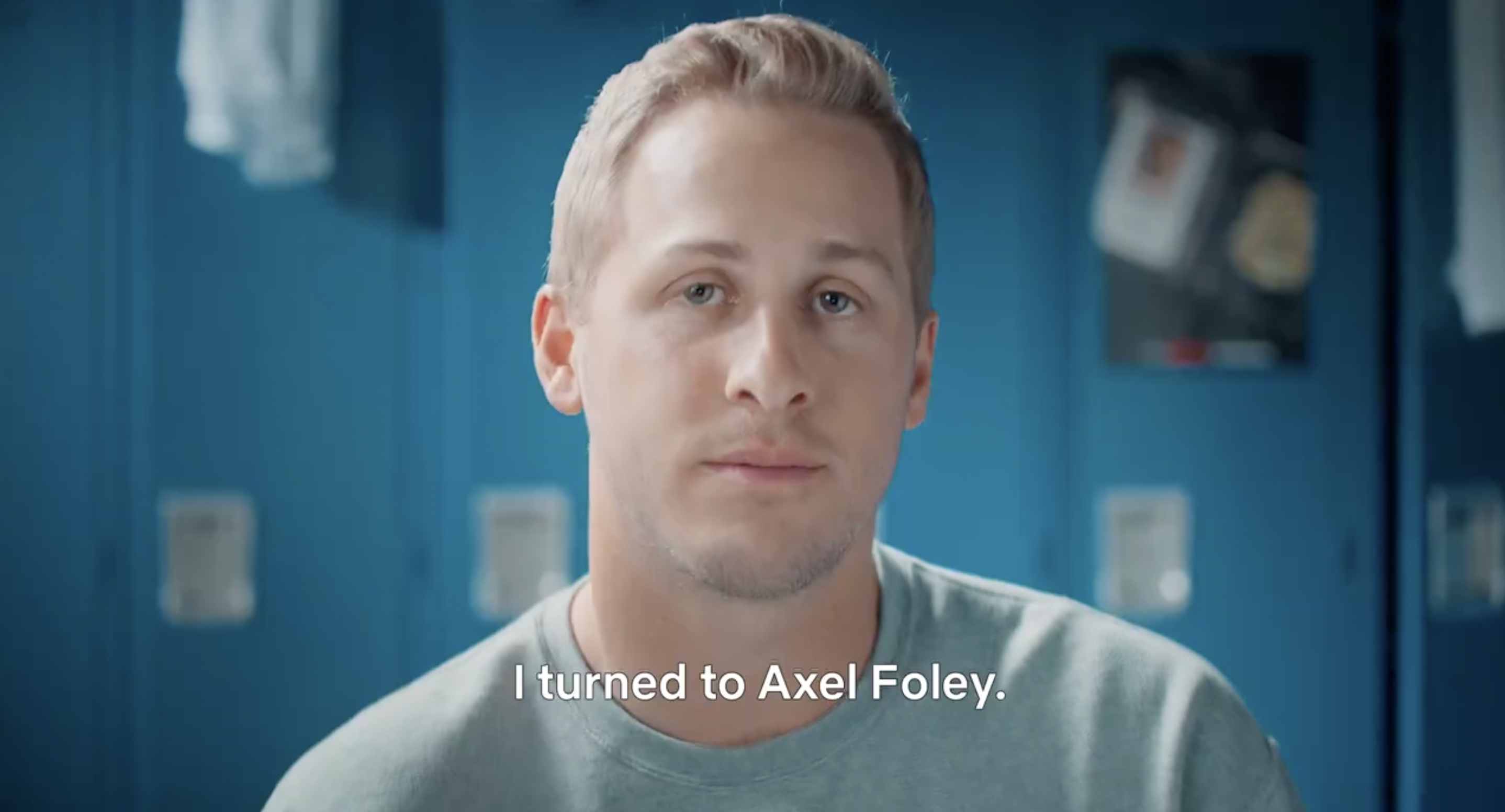
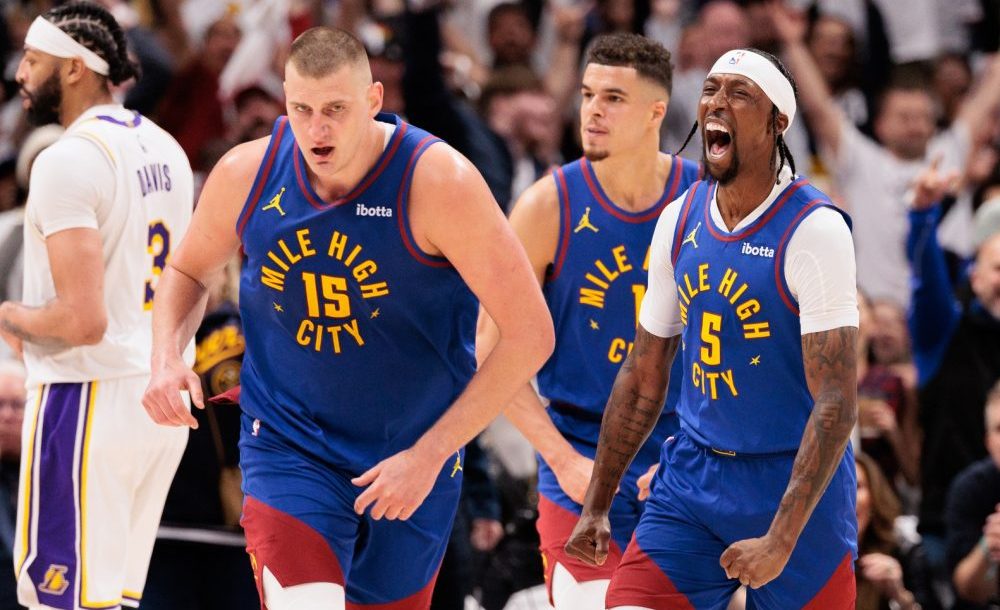
Comments are closed.